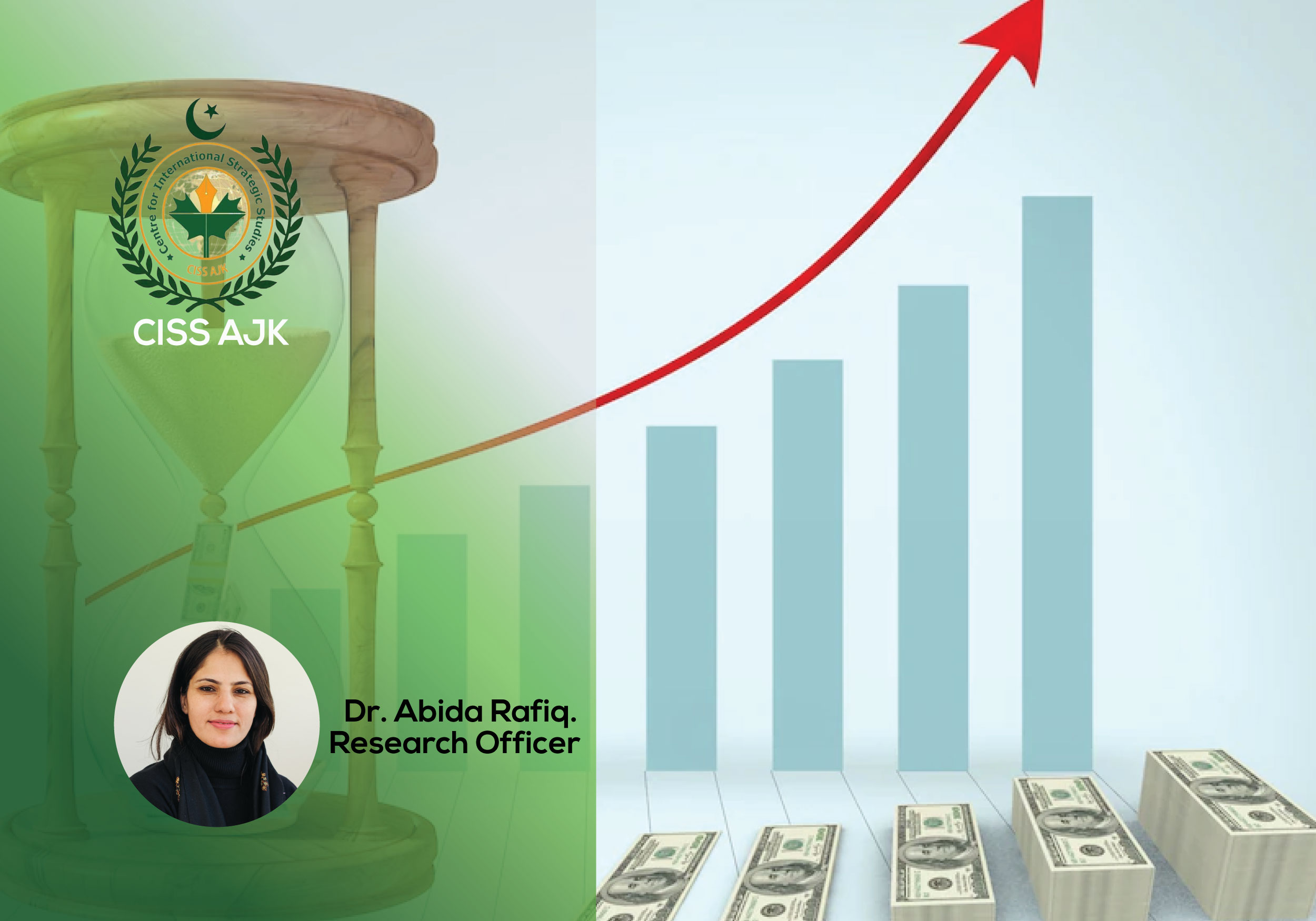A developing nation with a low income is Pakistan. According to purchasing power parity, its economy ranks as the 23rd largest in the world (PPP). The country’s population is estimated to be 227 million as of 2021. (5th-largest worldwide). Pakistan’s nominal GDP was US$376 billion as of FY22, ranking 177 globally in terms of nominal GDP per person, while its GDP based on purchasing power parity (PPP) was US$1.512 trillion, with a GDP (PPP) per person of US$6662 (168th worldwide). In fragile economies, even a minor political upheaval can disrupt the entire process of a nation’s development, slowing down economic activity, instilling fear in the financial industry, and deviating the country’s progress toward economic security. All of these may lead to other issues. Similar events occurred in Pakistan about three months before to the release of the government budget for 2022–2023. Inconsistent economic policies, the pursuit of the wrong priorities, and poor governance are to blame for the ongoing economic issues. Pakistan hasn’t made much progress over the past 75 years because of this. Inconsistent fiscal policies have also led to unstable economic conditions. Subsequent administrations have altered fiscal priorities as a result. Current account deficits of about $10 billion and $24 billion in principal repayments on Pakistan’s external debt are putting strain on the country’s economy. The value of the rupee dropped by more than 10% between April and July 2022. Political unpredictability increased demand for US dollars, caused turbulence in the money markets, and led to a daily decline in reserves. Due to the rise in gasoline and energy prices, inflation also increased. The government is obviously in a difficult situation; how should it handle the several difficulties it has, such as the trade and current account deficits and inflation? Effective and sustainable policy making and reform can only be carried out on the basis of competent data analysis in light of the economic issues faced by emerging nations like Pakistan. Policymakers need to identify the reasons why the economy of Pakistan is not expanding at the appropriate rate and create a comprehensive development strategy to execute sustainable growth free from political interference. There are a number of challenges that need to be resolved on the administrative front; for example, even the finest policies won’t be effective in Pakistan because of lax enforcement.
A dichotomy of Pakistan Economy: The way Forward
1K



